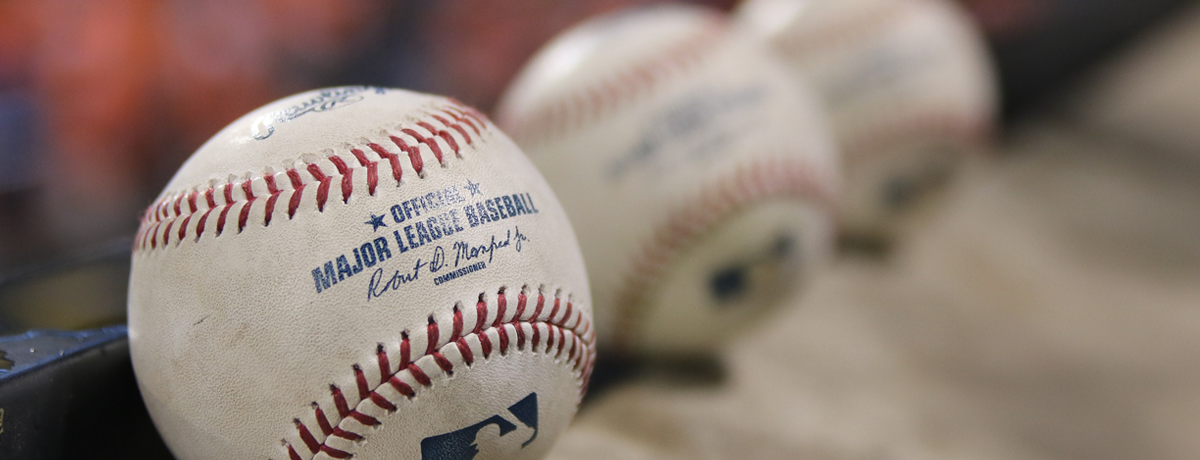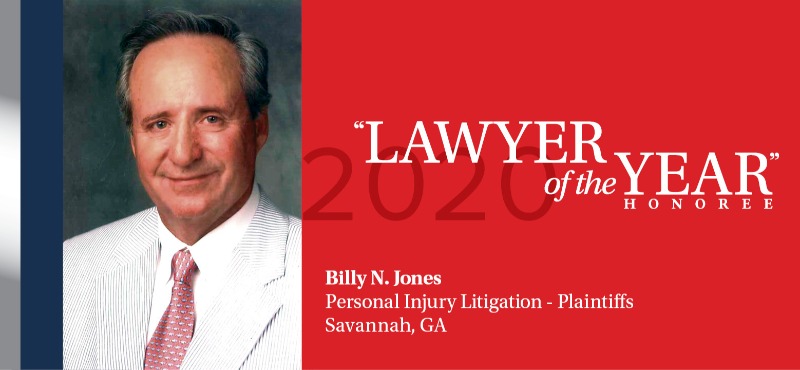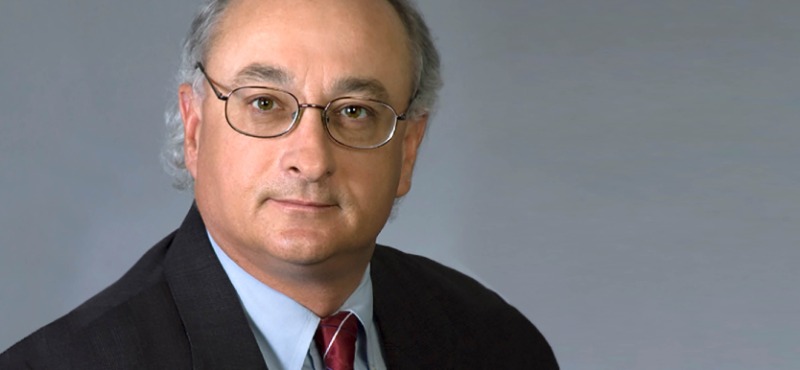You cannot help but be romantic about baseball. The longstanding history as America’s pastime plays on nostalgia and transforms the game into a watchable time machine every April to October. Unfortunately, with nostalgia and long-standing American traditions can also come with controversy. Although the last 19 months left us wistful for the happy memories associated with baseball, we have still seen a positive shift as organizations and entities pivoted towards inclusion and valuing employee and player ethics.
This past April, Major League Baseball (MLB) commissioner Robert Manfred decided to move the annual All-Star game from Atlanta, Georgia to Denver, Colorado after the former passed legislation deemed as “voter suppression” by both MLB and player organizations within the league. This included The Players Alliance, an organization of current and former black players that was started after the death of George Floyd last May. Manfred has continued to back the decision adding. "Major League Baseball fundamentally supports voting rights for all Americans and opposes restrictions to the ballot box," he stated. "In 2020, MLB became the first professional sports league to join the nonpartisan Civic Alliance to help build a future in which everyone participates in shaping the United States. We proudly used our platform to encourage baseball fans and communities throughout our country to perform their civic duty and actively participate in the voting process. Fair access to voting continues to have our game's unwavering support."
The law in question was passed after the 2020 election, which saw Georgia, a historically red state, turn blue. This 98 page law has received mixed reviews for specific aspects of it, including less time to submit absentee ballots, stricter ID requirements when voting, fewer ballot drop boxes, removing the Secretary of State as a voting member of the State Election Board and quicker Runoff elections. There is no denying that this law is one of the largest voting overhauls we have seen in a state and requires much speculation for how it will be applied.
Upon the backlash also came a lawsuit filed by nonprofit law group the Job Creators Network, on the basis that MLB acted unconstitutionally with its decision to relocate the game, and consequently intimidated Georgia lawmakers and took $100 million of revenue away from not only the Peach State, but small businesses, many of which are minority-owned, in Atlanta.
Case 1:21-cv-04818 was officially filed on May 31 and presided over by U.S. District Judge Valerie E. Caproni. The official ruling was given after she engaged with attorney Howard Kleinhendler, representing the Job Creators Network, for over an hour and a half on the specifics of the lawsuit. In their back and forth, the Judge focused on aspects such as a clear victim not being appropriately named and whether the monetary damages assessed are truly irreparable. Kleinhendler held strong in his basis of the suit and tried to further the mission by stating his client fully supported the new Georgia law to which Judge Caproni replied, "This case is not about whether the Georgia law is a good law or a bad law.” Kleinhendler also tried to argue that Georgia lawmakers were being “intimidated” by the removal of the game, to which Judge Caproni explained that this was not intimidation, rather a punishment since the game was being moved in response to a law already passed.
The verdict came shortly after the hearing commenced and was subsequently rebuked by Judge Caproni citing that there were no grounds for the suit. She added to her decision stating the opposition “lacks standing” to seek an injunction and “has failed to demonstrate that it is likely to suffer irreparable harm in the absence of an injunction.” Judge Caproni also doubted whether Atlanta businesses suffered the $100 million in damages outlined in the suit and that the plaintiff undermined the case by suggesting MLB setup a relief fund in the same amount for affected businesses.
This will be the second All-Star game hosted in Colorado since 1998 and players old and new are embracing the change in venue. “The stand that Major League Baseball makes, to me, is very powerful and the first time that they’ve really stepped up since I can remember,” said Hall of Fame outfielder Reggie Jackson. There are still strides that the Players Association hope to see MLB take, but this is a start of a new era. Houston Astros manager Dusty Baker adds to this by acknowledging his late great friend. He told reporters, “This is what Hank (Aaron) would have liked, even if it was his town. He always had the rights of the people in the forefront of his mind and in his heart.”
Kleinhendler was disappointed with the ruling and lawyers needed to evaluate legal options. With his warning, multiple questions are raised: Will we see a new wave of businesses and organizations “punishing” states for passing laws not aligned with their company values? Will we see more states retaliating with similar lawsuits?
One thing Judge Caproni’s ruling exposed is that any state looking to put forth a similar suit will need to flush out a legal strategy that can accurately establish a “victim” to identify reputable damages. If this trend does continue and more states react similarly, will we see a battle of litigation comparable to the Roman Colosseum as lawyers throw their take on a defense into the pit until one is deemed victorious?
































